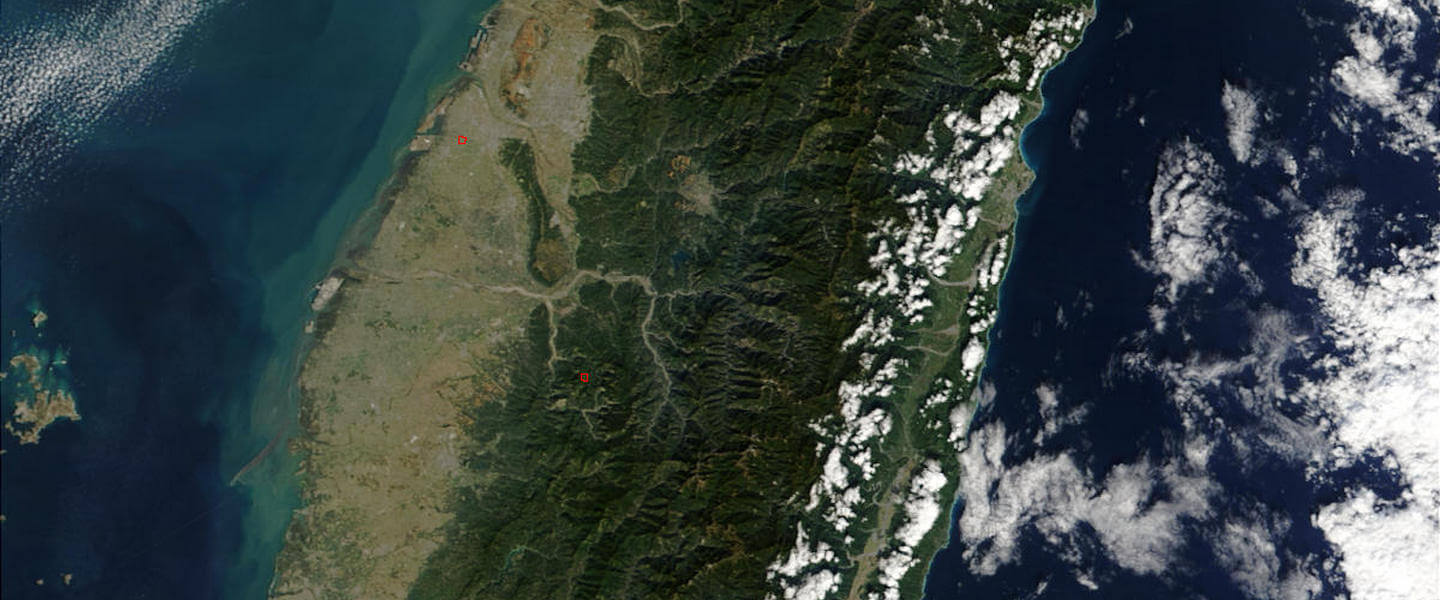When I returned to Spain, in mid-January, to spend the Lunar New Year holidays, Taiwan had already begun to implement measures to contain a virus the international press had barely started talking about. The speed of this reaction, motivated by the traumatic SARS experience in 2003, is one of the factors that explains Taiwan’s enormous success during this crisis: roughly 450 cases, including only about 50 local contagion cases, and 7 dead, when at first, with more than a million of its residents living in China coming back for the holidays, we thought that Taiwan would be the second most affected country.
I returned to Taiwan in mid-February, even as in Europe people still dismissed the possible consequences of this new “flu”—Europe, they imagined it spared on principle. The country I returned to was not exactly the same I had left a month earlier. Not only because of new habits, from wearing masks to the tracing protocols everywhere implemented and largely accepted, without a doubt thanks to the transparency shown by the administration at all times. But the biggest change I perceived concerned the idea Taiwanese people have of their country, their “relationship to the self” in other words. The January 11th, 2020 elections had been marked by an anxious “destruction of the country” sentiment (wángguó gǎn 亡國感), shared but understood differently by the two main political sides: on one side, the partisans of national sovereignty, indisputable winners of the election, who feared the end of the country’s de facto independence; on the other side, the partisans of a closer relationship with China in the name of Chinese nationalism and economic growth.
However, the COVID crisis radically transformed this generalized sentiment of defeat. Because not only did Taiwan manage the crisis better than China (whose success came with numerous arrests, awful violence, first from policing, then social, against the population of Wuhan, and an increasingly aggressive diplomacy): the island was faster, more efficient, and more transparent than pretty much all the rest of the world. From state intervention in the production and distribution of masks, hand sanitizers etc. etc. to border control and the implementation of individual quarantines for incoming travelers: the crisis allowed Taiwan to make unprecedented use of its sovereignty. The country’s insularity has thus been confirmed as exception and counter-example.
Having learned to be automatically suspicious of all kinds of border celebrations, I had to start asking myself a number of questions. Was this newfound trust in “we” reasonable? Should intellectuals avoid partaking in this collective feeling? Should the overall (philosophical) critique of sovereignty and exceptionality really take precedence over a practice of sovereignty that protects the life, the health, and the rights of citizens? In short, was it right to want to associate singularity and sovereignty, freedom and borders, emancipation and control? Of course, these questions are not new, but the context is entirely. Because who would have imagined, only six months ago, that this island, diplomatically isolated but economically connected to the rest of the world, would be the great exception? When for years some only saw a future for Taiwan in the form of a “post-nation” (meaning a territory whose contested sovereignty would be managed, in the interim, by international capital flows), suddenly this country appeared like the only one able to do what all nation-states boast they can do: protect its inside, keep the danger outside.
Of course, we didn’t have to wait long to see Taiwan once again become one of the central stakes in the conflict between China and the United States, and, as a result, to see the mirage of complete autonomy dissolve. But this short experience allowed me to confirm what I had already begun to suspect in light of the Hong Kong protests: that the critical categories inherited from the Cold War and decolonization do not allow us to understand the realities of East Asia, not on the political front, and not on that of ideas. And that we must redefine the concepts, or invent new ones, to attempt to meet the stakes of this crisis which announces, whether we like it or not, the return of borders throughout the world.
Admittedly, in Taiwan, the conditions exist so that this conceptual experimentation does not necessarily lead to the worst: first because there is no national identity in the strong sense of the term, but rather a plurality of origin stories which provide no one with an ancestral right to the territory, except maybe for the island’s indigenous cultures. Thus, the Taiwanese attachment for the word and practice of democracy, for instance, could partly be explained by the fact that the concept is not perceived as “foreign” in the absence of strong local criteria to define what is or is not “imported.” In general, the “transculturality” which has often been invoked to define Taiwan’s mode of life and thought, and which must be clearly distinguished from a neutralization of local differences to the benefit of a globalized system, finds in this non-closing upon the self its richest source of inspiration. At the same time, however, this opening to the other, seems to require sovereignty and the existence of cutting and containing mechanisms.
Taiwan’s mountainous insularity thus historically reveals itself in two ways: as port and place of passage and as inaccessible fortress. Could we invent a form of “autochthony” tied to these two dimensions of the singular Taiwanese landscape? Can we become attached to this territory without appropriating it? To protect oneself without excluding? Or to protect what we exclude?


